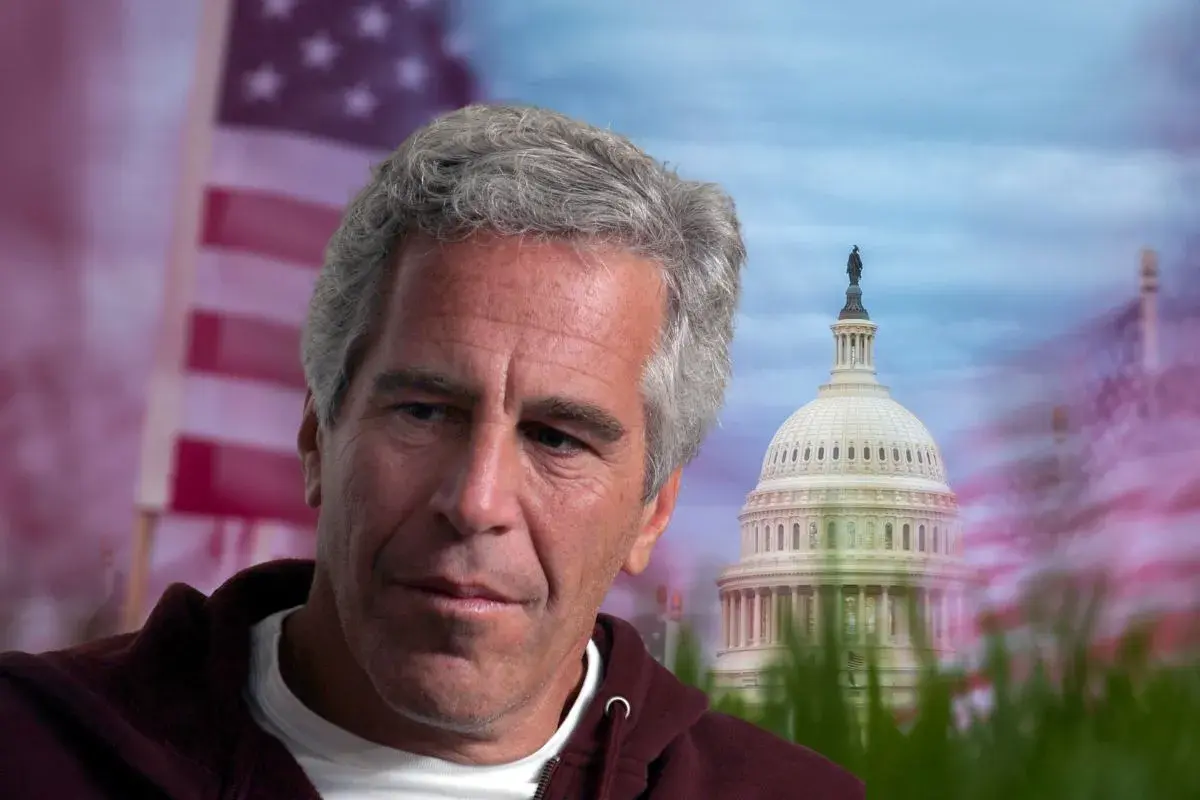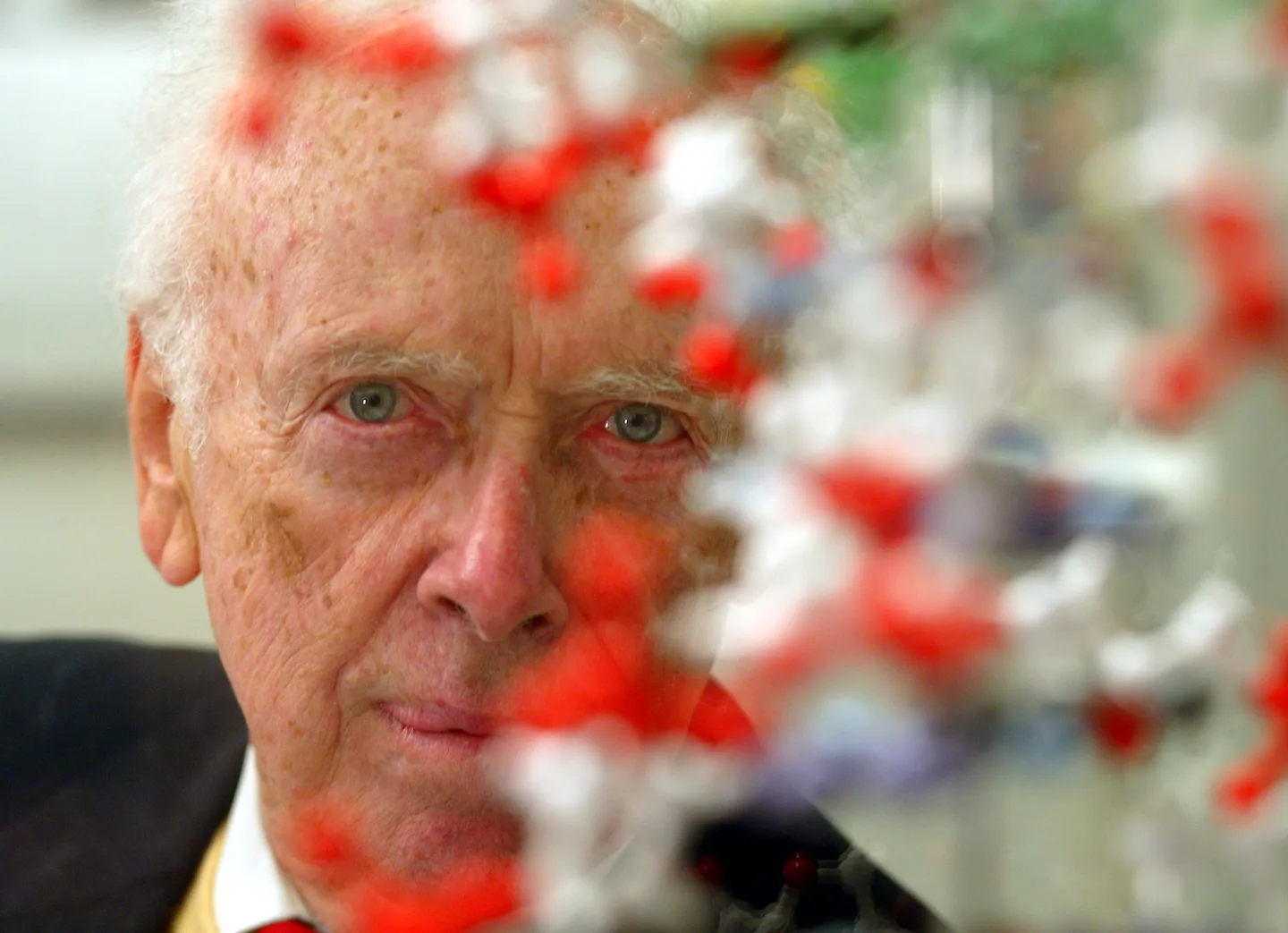Copyright Newsweek

With the longest government shutdown in U.S. history nearing an end, Republicans are set to face another reckoning on Jeffrey Epstein as a petition to force a vote to compel the release of the government’s files on Epstein garners the needed support. President Donald Trump’s administration has faced scrutiny from both critics and supporters since the FBI and Justice Department abruptly announced in July that it would not be releasing any additional records from the sex trafficking investigation into Epstein, saying in a memo there was no evidence that Epstein maintained a "client list" and that no “further disclosure would be appropriate or warranted.” Authorities have said Epstein died by suicide in a New York jail in 2019 while awaiting sex trafficking charges. Survivors of Epstein’s abuse and lawmakers from both major parties have been calling for the release of the files, but Trump has repeatedly dismissed the scandal as a “hoax,” accusing Democrats of trying to distract from his administration’s success. In defiance of party leadership, Republican Representative Thomas Massie began gathering signatures on a petition to force a vote for the release of the Justice Department's files on the investigation into Epstein. Newsweek has contacted Massie for comment via an email sent outside regular business hours. Since the middle of September, Massie's petition has been one name away from success. The final signature is set to come from Representative-elect Adelita Grijalva, a Democrat who won a September 23 special election in Arizona to succeed her late father. She has said she’ll sign the petition once she takes office, giving the petition the 218 signatures needed to trigger a floor vote. But Grijalva has still not been sworn in, with House Speaker Mike Johnson saying he would not seat her until the government shutdown ends. Democrats have accused Johnson of refusing to seat Grijalva to push off any Epstein vote, which he has denied. A spokesperson for Johnson told Newsweek on Monday that he “has been clear that he looks forward to swearing in Rep.-elect Grijalva once Democrats vote to reopen the government and the House returns to regular legislative session.” Johnson’s spokesperson also pointed to Johnson’s answer during a recent radio interview on Straight Shooter w/ Stephen A. Smith, where he was asked if the delay in Grijalva’s swearing-in had anything to do with the discharge petition. He said it was “another red herring” and “total distraction,” adding that it was “a moot point” because of an investigation into the Epstein files by the House Oversight Committee. The committee “is doing a full in-depth investigation and they are delving through the Epstein files and releasing them,” he said. Johnson also said: “I’m anxious to administer the oath to her, and we will, but we got to get the lights turned back on here first and get Congress open and operating for the people so that we can get all this done. We got a lot ahead of us. There's no other objective here.” The Senate on Monday passed legislation to reopen the government and Johnson said on CNN that he would swear Grijalva in before the House, which has been on recess since mid-September, votes on the legislation. Then, she will be able to sign Massie’s petition. Grijalva said in a statement shared with Newsweek on Monday that she was heading to Washington after hearing through House Minority Leader Hakeem Jeffries and media reports "that Speaker Johnson finally intends to swear me in." She added: “This delay never should have never happened in the first place. For seven weeks, 813,000 Arizonans have been denied a voice and access to basic constituent services. This is an abuse of power that no Speaker should have.” Grijalva said on CNN that she would sign the discharge petition as soon as she can "because that was a promise and commitment that I made. And I strongly believe it's one of the reasons why I've been in this limbo for so long." And while the shutdown deal has divided Democrats, experts say the success of the discharge petition—signed by Massie and three other Republicans—is likely to be a significant challenge for Johnson and the Republican Party. The discharge petition “is a real test of the power of Speaker Mike Johnson,” Todd Belt, professor and director of the political management program at George Washington University, told Newsweek. “The Speaker has had a pretty firm control over his party on most issues, and the Discharge Petition will force his hand on the Epstein Files.” Belt said that “no Speaker likes this to happen, because it means that at least a portion of the Speaker’s party has decided to vote against the Speaker’s wishes. This makes the Speaker weaker overall and could encourage more members to vote against the Speaker’s wishes on other issues, including the forthcoming government spending bills.” He added: "It is going to be more difficult for the Speaker to lead a party that isn't cohesive—just ask former Speaker McCarthy.” Costas Panagopoulos, a political science professor at Northeastern University, told Newsweek that “by all accounts, Trump and his Republican allies have dreaded this moment, but it was inevitable unless some Republicans who support the release backtrack.” But he said that both parties could face consequences if and when the Epstein files are released. “If the files are released and they contain damaging information for the president, the Trump White House may need to be in full-blown crisis mode, but they may not be alone if the files implicate others, including high-profile Democrats,” he said. "Either way, it appears Americans will not need to wait much longer to find out.”



